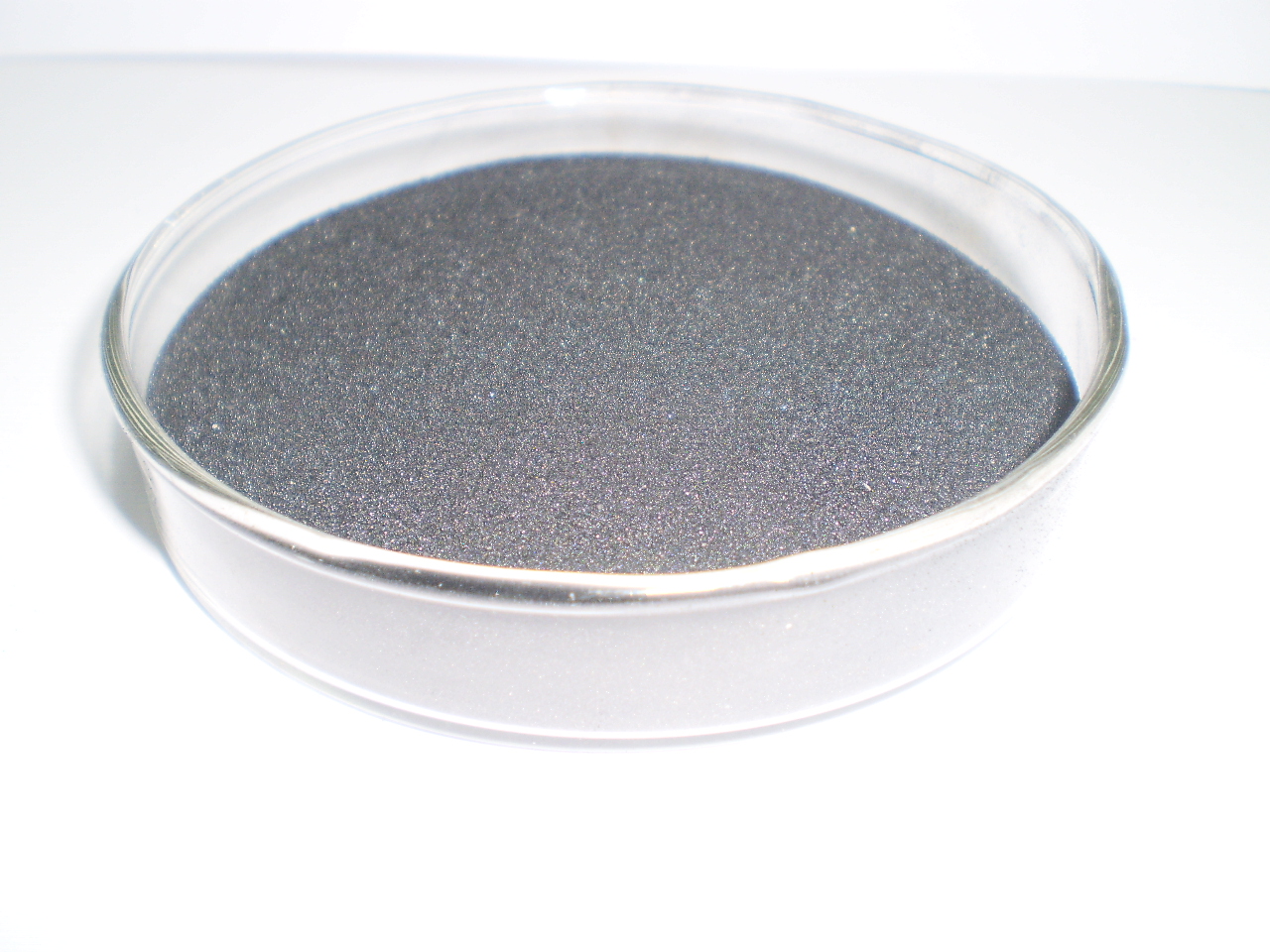Potassium humate fertilizer is a non-toxic, odorless, black natural organic powder. It combines the advantages of inorganic fertilizer and farmyard manure and is superior to them.
Common chemical fertilizers (such as urea, 50%–60% potassium fertilizer, diammonium phosphate, etc.) are easy to produce soil compaction and water and gas pollution, humic acid and Potassium humate can be avoided or significantly reduced.
And obviously high crop yield, improve crop quality, improve crop nutrient content, nitrate content, color, aroma, taste and storability. It is the material basis for agricultural clean production and green food with environmental protection functions.
The loss of potassium humate is low, the utilization rate is high, the plant absorption is stable, and the yield and quality are improved in both directions. It is a “green” potash fertilizer for agricultural application and a substitute for ordinary agricultural potassium chloride and potassium sulfate. Potassium humate is suitable for any crop and can also be applied in combination with common fertilizers.
Potassium humate-fertilizer Function and efficacy
1) potassium-humate-fertilizer can improve soil physical characteristics, improve soil aggregate structure, reduce soil compactness, and achieve good conditions;
2) Increasing the cation exchange capacity and fertilizer retention capacity of the soil to adsorb and exchange plant nutrients, improve the slow-acting effect of fertilizers, and increase the ability of soil to maintain fertilizer and water retention;
3) providing activities of soil beneficial microorganisms;
4) Promote the decomposition of artificial (such as pesticides) or natural toxic substances and effects;
5) increase the soil’s ability to balance and neutralize the soil pH;
6) Color black helps to absorb heat and plant in early spring;
7) directly affecting cell metabolism, improving the respiration and photosynthesis of crops, and enhancing the resilience of crops, such as drought resistance, cold resistance, disease resistance, etc.;
8) the nutrients required to release the plants after decomposition;
9) Strong roots increase yield, improve crop quality and increase sweetness.










